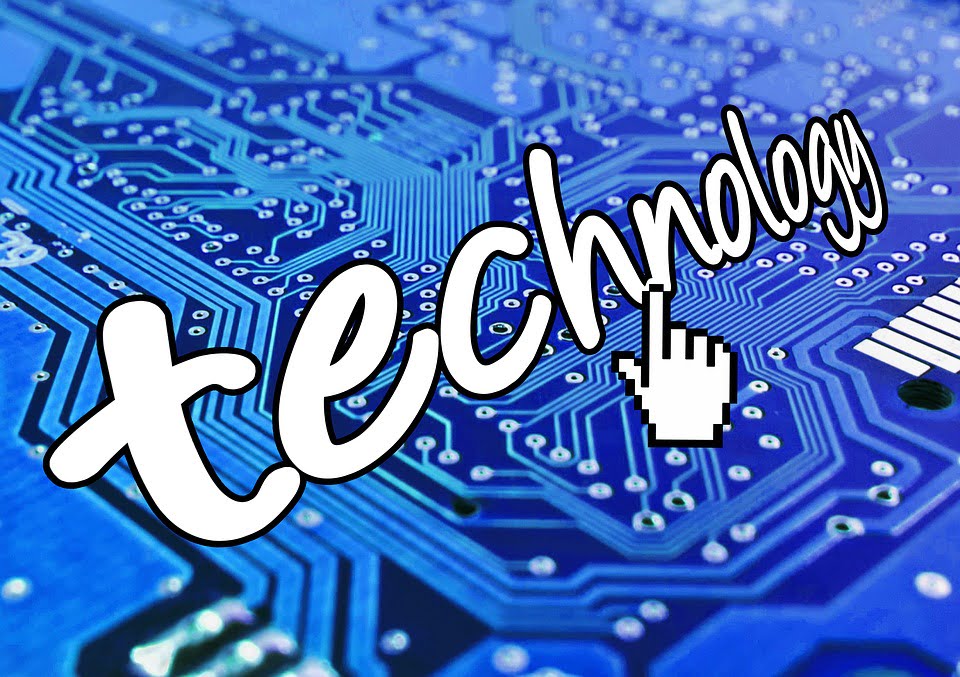1. Massive Open Online Courses (MOOCs) – offering free online courses from universities and institutions all over the world.
2. Learning Management Systems (LMS) – online platforms that allow educators to create and manage online courses for students.
3. Adaptive Learning Technologies – AI-based platforms that use machine learning to personalize learning experiences for each student.
4. Gamification and Game-Based Learning – leveraging game design to create more engaging, interactive learning experiences for students.
5. Virtual Reality (VR) and Augmented Reality (AR) – creates immersive learning experiences for students by using digital simulations and interactions.
6. Artificial Intelligence (AI) for personalized learning – AI-based systems that use data to personalize learning experiences for students based on their needs and interests.
7. Mobile learning and microlearning – bite-sized learning that allows students to learn anytime and anywhere on their mobile devices.
8. Interactive Whiteboards – digital displays that allow educators to engage students in interactive learning with multimedia content.
9. Digital Textbooks and eBooks – Digital publications that combine text, video, audio, and interactive elements for more engaging and interactive learning.
10. Digital portfolios – platforms that allow students to showcase their learning and skills online by collecting and sharing digital artifacts of their work.




